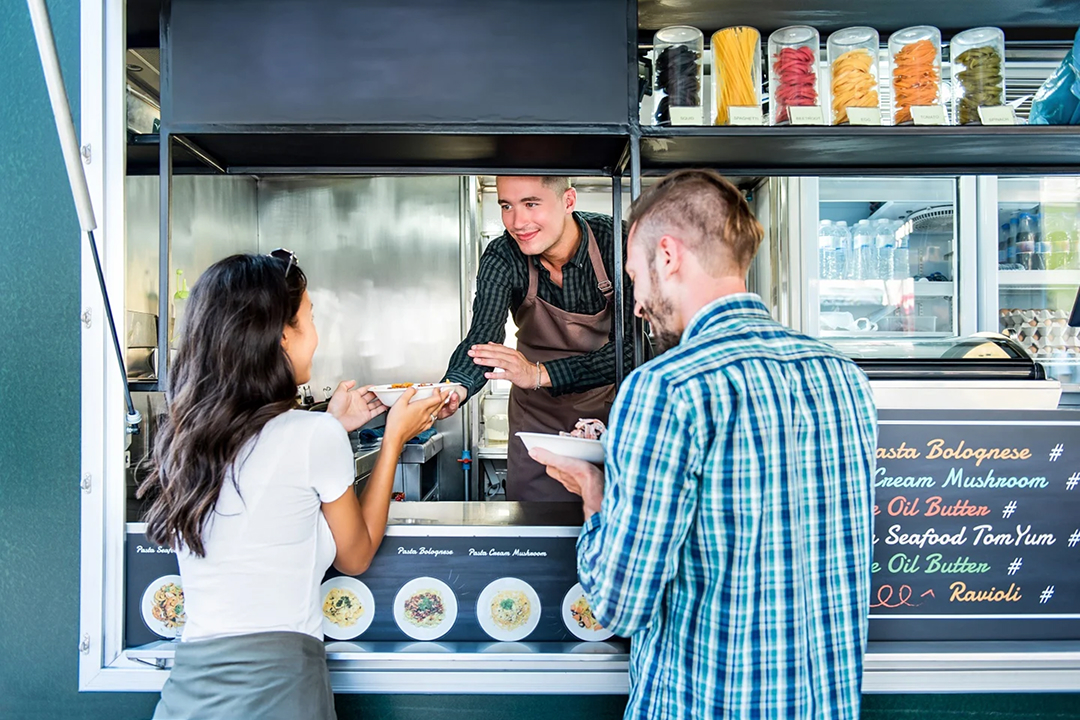Illinois Opens Doors for Food Entrepreneurs With Expanded Cottage Industry Law

Small-scale food entrepreneurs in Illinois just got a big win, all thanks to a low-profile but powerful expansion of the state’s Cottage Food law.
According to the amended law, home-based cooks, bakers, and canners are now entitled to sell a wider range of their own produce directly to consumers. While farmers’ markets are still the staple for sales, the new legislation permits sales at fairs, festivals, home deliveries, pickups, and even through the mail.
This change may create a major opportunity for hobbyists and aspirants who want to monetize their culinary skills.
Bigger Menu, Bigger Market Opportunities
Compared to past versions of the law, the current update dramatically broadens what’s allowed in terms of product offerings. In addition to old favorites like jams and jellies, cottage food operators can now sell items like yeast breads and other low-risk foods that were previously restricted.
It’s a game-changer for creative food entrepreneurs who want to test products in the market without the overhead of a commercial kitchen.
The update has kick-started micro-businesses to rise all across Illinois. Under new rules, kitchens all over the state are turning into incubators for new businesses since both the urban and the rural residents are keen to benefit from the opportunity.
According to the University of Illinois Extension, which helps administer compliance and education, the expansion is already creating momentum in communities that historically had fewer economic opportunities.
Training, Safety, and a Business-Minded Approach
While the law allows room for innovation and flexibility, it is by no means a free-for-all. Clear boundaries are in place to uphold public welfare, and within that framework, food safety remains a central and non-negotiable concern.
To operate legally, food entrepreneurs selling under the Cottage Food designation must complete the Certified Food Protection Managers course and exam. The University of Illinois Extension offers these sessions throughout the year, ensuring entrepreneurs get the guidance they need.
“Cottage food operations are a great way to trial your new business on a small scale,” said Caitlin Mellendorf, Nutrition and Wellness Educator with the Illinois Extension. “This way, entrepreneurs can refine their products, put strong food safety protocols in place, and create a manageable business plan.”
That mindset is critical. Many food entrepreneurs are not just selling sourdough or peach preserves for extra income. They are running lean, intentional businesses, often with an eye toward eventually scaling up into retail stores or commercial kitchens.
And with the updated law, they are no longer limited by narrow food lists or single-location sales.
New Pathways for Local Economic Growth
The revised law is good news for local economies as well
At farmers markets and festivals across Illinois, demand for homemade, small-batch goods has never been higher. Shoppers are craving authenticity. They are drawn to food that’s crafted by a neighbor, not a factory.
By empowering home-based food entrepreneurs, the state is also helping diversify its small business ecosystem. Rural women, immigrant families, and retirees are among those leading the surge in new cottage food businesses, according to anecdotal data from community workshops.
The appeal is simple: low startup costs, full creative control, and the ability to launch something meaningful without quitting a day job.
For those building niche food brands, vegan pies, culturally specific preserves, and gluten-free treats, the Cottage Food law provides a legal framework to grow without bureaucratic red tape.
What’s Next for Illinois’ Food Entrepreneurs?
With more freedom, more categories, and more channels to sell, the cottage food space in Illinois is evolving fast.
For now, most food entrepreneurs are staying local. But with online visibility and allowed shipping under the law, regional growth is already underway.
The expanded rules won’t make anyone a millionaire overnight. But they do lower the barriers for passionate makers to test a product, reach a market, and build something truly sustainable.
Illinois may not be the first state to loosen restrictions on homemade food sales, but it’s quickly becoming one of the most entrepreneur-friendly.And for Illinois state, many food entrepreneurs, including cooks, bakers, and canners, the kitchen table has just turned into a launchpad for amazing ventures.





